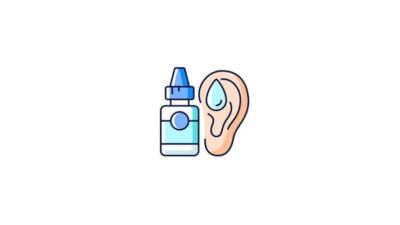Ban use of bisphenol A in baby bottles
Environmental health groups call for immediate moratorium on bisphenol A in baby bottles, food and beverage containers. Baby bottles leach toxic chemical, according to new U.S. and Canadian Study. – Dozens of state and national environmental health organizations in the U.S. and Canada are calling for an immediate moratorium on the use of bisphenol A (BPA) in baby bottles and other food and beverage containers, based on the results of a new study that demonstrates the toxic chemical BPA leaches from popular plastic baby bottles when heated.

